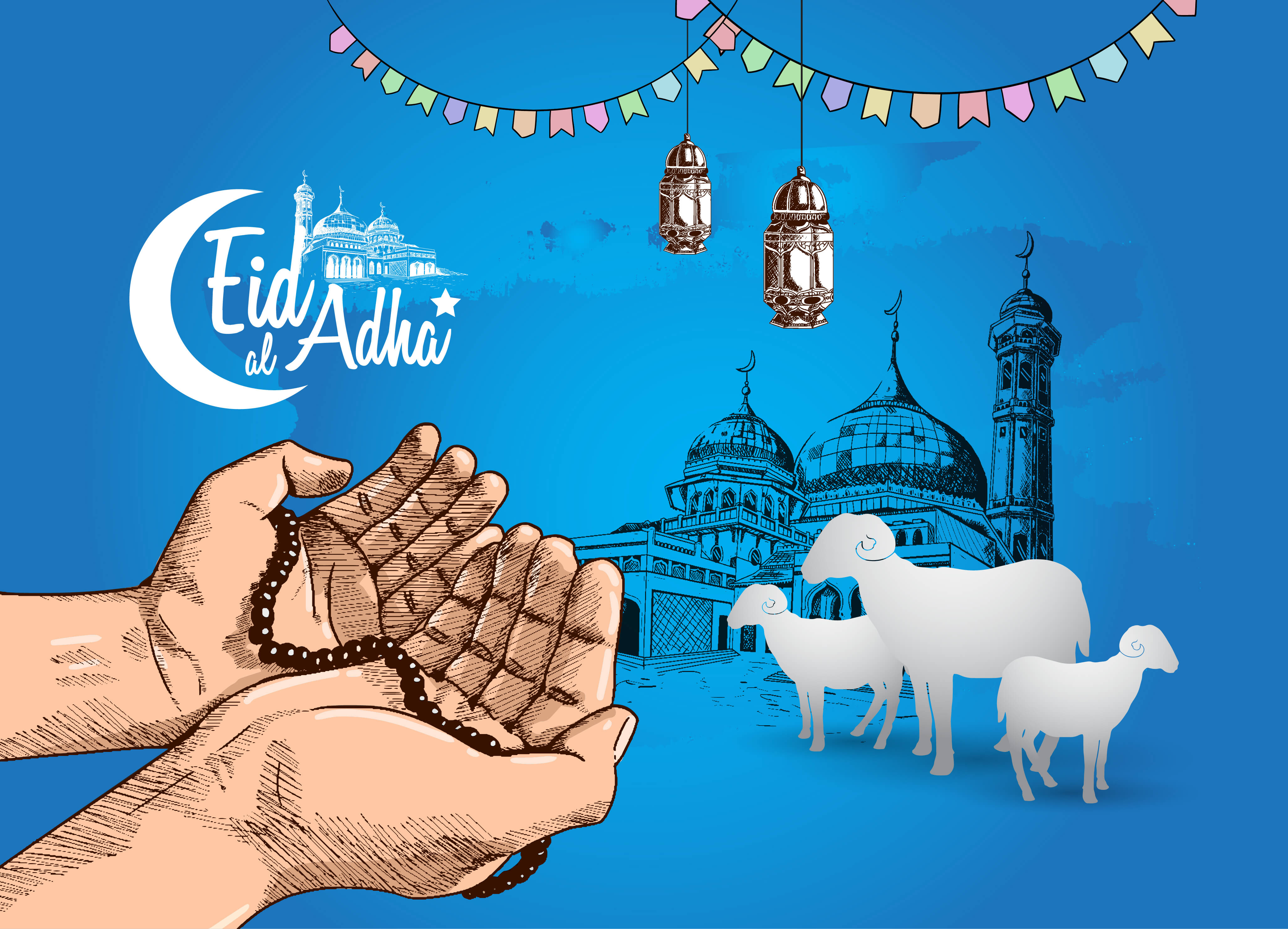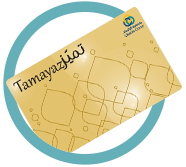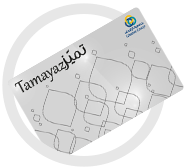Explaining Eid al – Adha to a Non-Muslim Expat with 6 facts
One of the most awaited times of the year, Eid al-Adha is round the corner but the spirit is already in the air as people get ready to welcome the grand moment and supermarkets are flooded with exciting promotions. As sad as we feel for all the festive occasions this year, due to the ongoing Corona pandemic, it will be fair to say that UAE and its residents have been tremendously successful, not only in staying safe but keeping their spirits intact during these tough times.
This Eid just like other times, we have to be responsible and follow guidelines mentioned by competitive authorities to keep ourselves and our dear ones safe.
With that being said, UAE is a land of diversity wherein expats have non-Muslims who despite the holiday excitement are yet to understand what Eid al-Adha is all about. In this blog, we will be introducing Eid al-Adha (عيد الأضحى) to our non-Muslim readers and sharing with them a glimpse of what the celebration is about.
Here are 6 important facts associated with Eid al- Adha:
- It falls on the 10th day in the 12th of the Islamic lunar calendar. The day that the celebration falls on is dependent on moon sighting (on the first night of the month), following the completion of Arafa Stand Day, which is an obligation. Hajj is the annual pilgrimage to Mecca and is one of the five pillars of Islam.
- Eid al- Adha honors the devotion of Prophet Ibrahim (AS) he had a vision to sacrifice his son ‘Ismail’ but later was replaced by a sacrifice upon Allah’s order. Therefore, Muslim every year make a sacrifice of either a sheep, a cow or a camel on Eid day and distribute the meat into 3 parts. The meat is distributed among family, relatives and the last part is given to the less fortunate.
- There are many other names for Eid al- Adha such as the big Eid as it is of 4 Days, while Eid A Fitr is only 3 days, the Sacrifice Day, the Pilgrims day, etc…
- The first day of the Eid includes a prayer known as “Salat ul-Eid” which is an important prayer to mark the beginning of the celebration. This prayer is usually held in open prayer yards called (Eid Mussala) in the morning of the first day of Eid prior to sacrifice ceremony.
- During Eid, you can find people dressed in their finest attire congratulating each other with special Eid greetings and visiting their relatives.
- Uḍḥiyyah (أضحية) also known as Qurbanī (Arabic: قربانى) or the sacrificial animal has to meet certain regulations or guidelines in terms of age and features. One person or more can share one sacrifice according to certain rules in order to ease this deed. The more numbers and weights of sacrifices the better it is, as it is going to feed more of the less fortunate people.
There are many details and explanations that make Eid so unique in itself but these 6 points are enough to give our readers a fair idea. If you liked this blog then give us a thumbs up and if you wish to add anything, feel free to drop a comment. Remember, Sharing is caring so share this blog for others as well.
“Stay Safe…Stay Home!!!”
















 P.O Box :
P.O Box : 

 2023 UNION COOP. All Rights Reserved
2023 UNION COOP. All Rights Reserved




Leave Comment